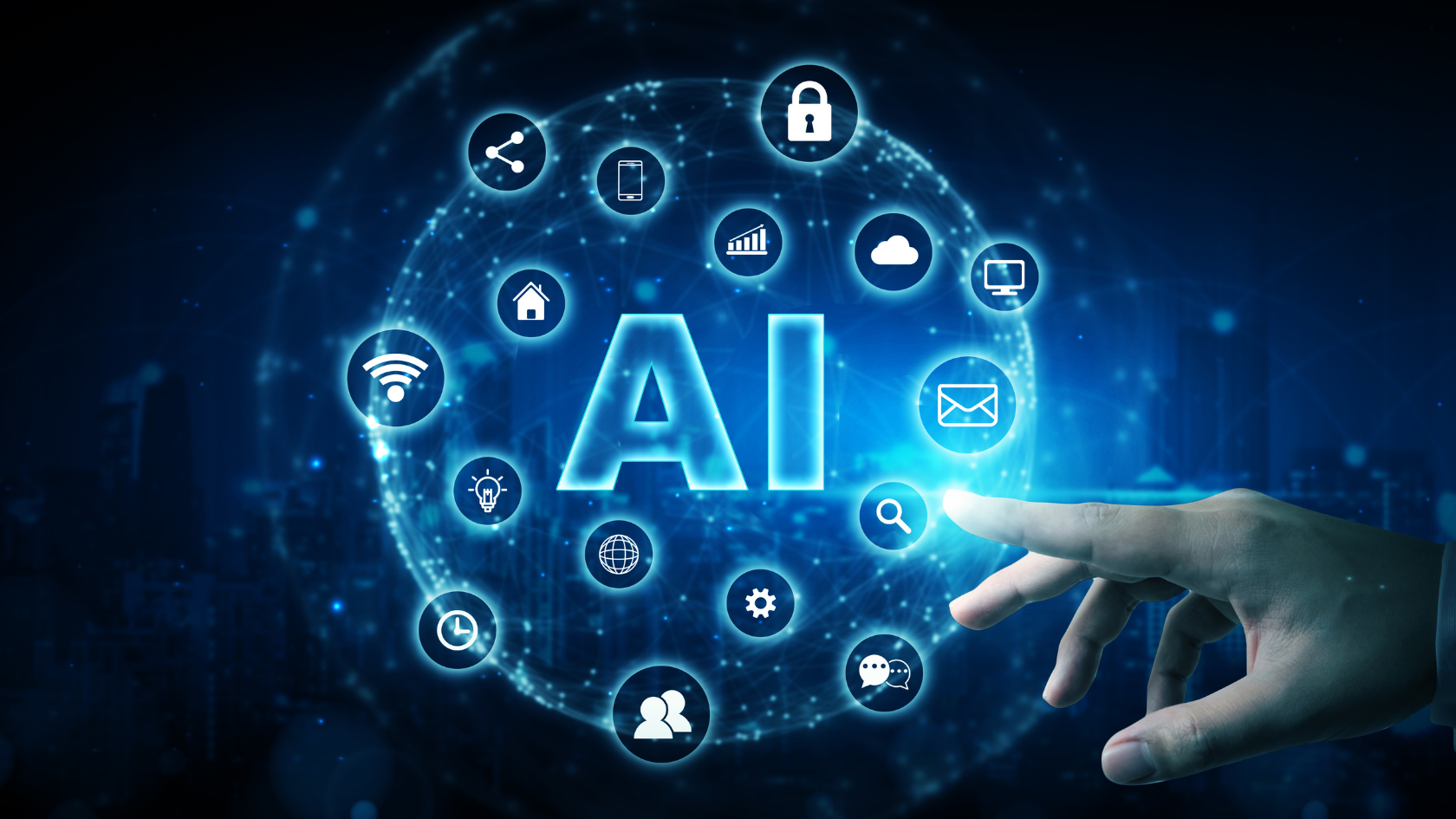
Artificial Intelligence (AI) is no longer just a concept from science fiction — it’s now a vital part of our daily routines. From the way we shop to how we interact online, AI in daily life is quietly transforming our world. In this article, we explore how AI is reshaping everyday experiences in simple, practical ways.
Table of Contents
ToggleWhat Is AI in Daily Life?
AI in daily life refers to the use of intelligent systems that perform tasks normally requiring human thinking — such as learning, problem-solving, and decision-making. These systems can now be found in mobile apps, home devices, healthcare, transport, and even education.
Whether it’s your smartphone giving personalized suggestions or your email filtering out spam, AI is working behind the scenes constantly.
Everyday Examples of AI You’re Already Using
Here are some real-life applications where AI in daily life is already making a difference:
Voice Assistants like Siri, Alexa, and Google Assistant understand your speech and help with tasks like setting reminders or playing music.
Recommendation Systems on YouTube, Netflix, and shopping websites show content based on your preferences.
Smart Home Devices learn your routines to automate lighting, security, or temperature control.
Navigation Apps like Google Maps use AI to suggest the fastest routes and live traffic updates.
Spam Filters & Smart Replies in email apps detect unwanted messages and suggest quick responses.
These are not futuristic ideas — they’re already integrated into the lives of millions.
AI in Healthcare and Wellness
AI in daily life is helping doctors and patients as well. AI tools are now used to analyze medical data, detect early symptoms of diseases, and suggest treatments. Mobile health apps use AI to track fitness, diet, and sleep patterns. This makes it easier for people to take control of their health and get timely support.
In Pakistan, AI is slowly being introduced in hospitals for digital patient records, appointment booking, and diagnostics.
AI in Education
Education has also embraced AI. Smart tutoring systems adapt to a student’s pace and help them learn better. AI can now grade assignments, create quizzes, and suggest personalized learning content. During online classes, AI tools also help detect cheating or monitor attention levels — all part of AI at school and university levels.
AI in Business and Work
Businesses use AI for customer support, data analysis, marketing automation, and fraud detection. Chatbots on websites handle thousands of queries without human help. Tools like Grammarly or ChatGPT also assist professionals in writing, editing, and research. For remote teams, AI helps manage time, track productivity, and even schedule meetings.
Startups and eCommerce businesses in Pakistan are now using AI for sales forecasting and customer behavior analysis — another powerful example of AI.
Are There Any Concerns?
Yes. While AI offers convenience, it also raises privacy, job security, and data misuse concerns. That’s why ethical AI use is essential. Companies and governments must ensure AI does not harm users or replace jobs without offering alternatives.
The Future of AI
In the near future, we can expect AI to become even more integrated — self-driving cars, AI-powered doctors, smart legal advisors, and more. What’s important is that we adapt wisely and use AI as a helpful tool, not a complete replacement for human skills.
FAQ
Q: How is AI used in everyday life?
Ans: AI is used in daily life through smartphones, home automation, navigation apps, online recommendations, healthcare tools, and even virtual assistants like Siri and Alexa.
Conclusion
AI is here, and it’s growing fast. From smart gadgets and personalized ads to healthcare and education, AI is changing how we live, work, and interact. Understanding these changes helps us use technology better, make smarter decisions, and stay prepared for the future.
Also Read: The Future of Artificial Intelligence